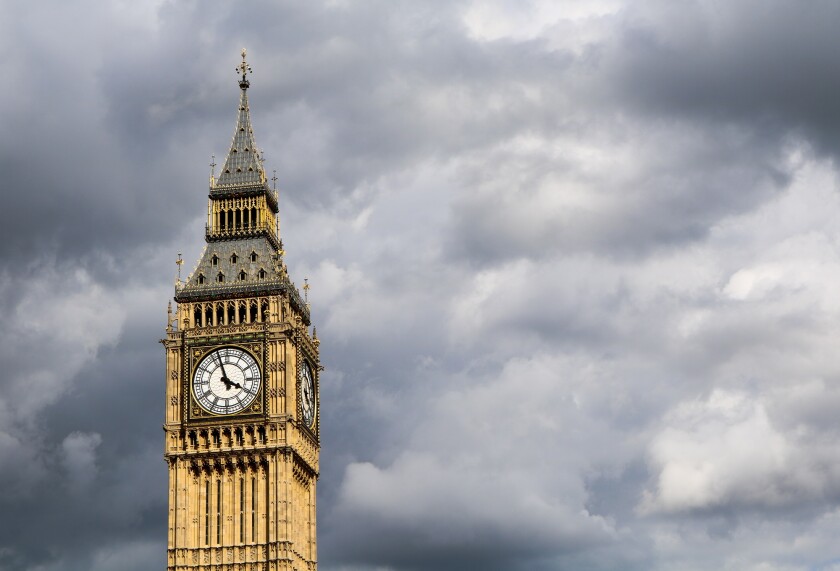Debates about the future of the UK digital services tax (DST) continue, with the Chartered Institute of Taxation (CIOT) fearing the levy could become permanent.
The UK could keep its DST in place as there is little sign of a final agreement on taxing rights being brokered by the OECD, warned the CIOT on Wednesday, April 5.
However, the UK Public Accounts Committee (PAC) reported that it expects the DST to be abolished sooner or later, especially if the OECD secures a final agreement on pillar one this summer.
According to the PAC, the DST raised £358 million ($446 million) from just 18 companies in its first year, which is 30% higher than expected. Revenue could rise to around £3 billion by 2024-25.
This is why some tax experts fear the DST will become a permanent fixture of UK tax policy.
India cuts windfall tax on domestic crude oil
The Indian government has cut windfall tax on domestic crude oil production from ₹3,500 ($42.70) per tonne to zero from Tuesday, April 4. This effectively suspends the windfall tax for domestic crude oil production.
Prime Minister Narendra Modi wants to reduce India’s dependence on crude oil imports by 10% by cutting the windfall tax on domestic production and keeping it in place on imports.
India imposed the windfall tax on energy companies in July 2022 when global energy prices were soaring. This included a ₹23,250 per tonne tax on domestic crude oil production, as well as export duties of ₹6 per litre on petrol and ₹13 per litre on diesel.
Domestic crude oil production is expected to surge. Indian energy companies such as Oil and Natural Gas Corporation, Oil India and Cairn Oil & Gas all stand to gain from this policy change.
UAE court rules to extradite UK trader in ‘cum-ex’ case
Hedge fund trader Sanjay Shah is set to be extradited to Denmark where he will face allegations of masterminding a dividend tax scam, following a Dubai court decision on Monday, April 3.
The Dubai Court of Cassation approved the extradition of the British citizen to Denmark and rejected Shah’s appeal. Shah is accused of running a tax scheme that defrauded the Danish Treasury of more than DKK9 billion ($1.3 billion).
Danish tax authority Skattestyrelsen claims it was tricked into paying out tax refunds on dividends and alleges Shah was one of the key figures involved in the fraud. He has long denied any wrongdoing, but he was arrested in Dubai in June 2022.
Shah has been fighting extradition for several months. One UAE court rejected Denmark’s extradition claim in September 2022, but this was overruled in December. Shah launched an appeal to the Court of Cassation in a last-minute bid to prevent his extradition.
India expects tax receipts to rise
India is likely to record 5% to 7% higher direct tax collection than the estimated ₹16.5 lakh crore ($200.3 billion) for the 2022-23 financial year that ended on Friday, March 31.
The Indian Ministry of Finance reported on Monday, April 3 that tax collection is going to exceed expectations by a sizeable margin, due to robust advance collections, benefiting the centre government’s financial position.
Revised estimates for 2022-23 predicted direct tax collections of ₹16.5 lakh crore, approximately 16.2 % higher than the initial budget target of ₹14.2 lakh crore, but provisional collection figures indicate it will be higher still.
Next week in ITR
ITR will be revisiting transfer pricing regulations in Mexico and the impact of 2022 reforms on businesses in the country. We will also be looking into the potential implications of ChatGPT and other AI programmes for the tax profession.
Readers can expect these stories and plenty more next week. Don’t miss out on the key developments. Sign up for a free trial to ITR.












